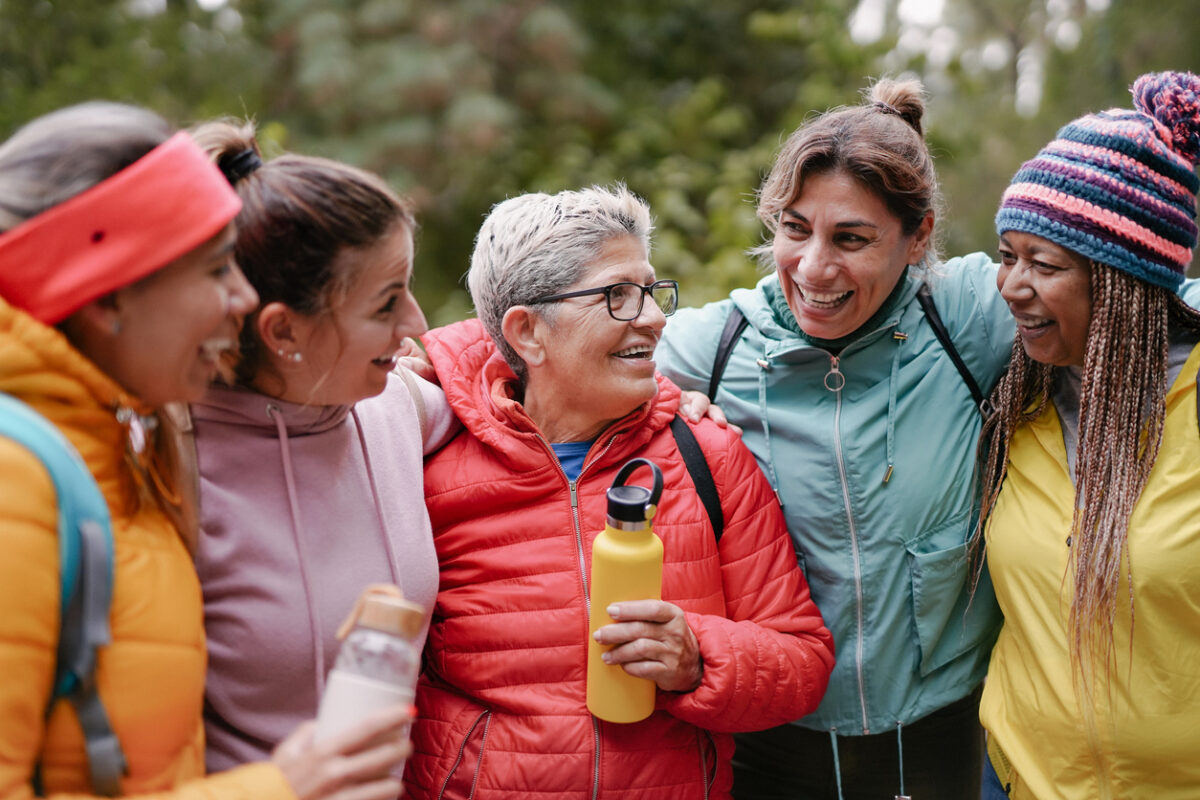Researchers behind a major international study aim to unravel the secrets of why a tiny percentage of cancer patients survive longer than others.
The Rosalind study will work with ‘cancer super survivors’ diagnosed with some of the most aggressive forms of the disease in the hope of learning how and why they beat the odds.
Cancer specialists in more than 40 countries are taking part. The study hopes to recruit 1,000 patients who have been diagnosed with small cell lung cancer, as well as specific brain and pancreas cancers.
Only patients in the top 3% in terms of cancer survival will be eligible for the research, which will hunt for differences in their immune systems and study tumour samples for genetic quirks and cancer weaknesses.
It’s hoped the work will pave the way for transformative treatments that mimic the biological features discovered in cancer super survivors.
Dr Thankamma Ajithkumar – consultant oncologist at the Cambridge University Hospitals Trust, which is taking part in the study – said: “With nearly 400,000 new cancer diagnoses annually in the UK, understanding why some patients achieve remarkable survival is critical.
“Patients who appear superficially similar in terms of their age and health, and the type and stage of their cancer, can have remarkably different responses to the same treatment.”
Patients who appear superficially similar in terms of their age and health, and the type and stage of their cancer, can have remarkably different responses to the same treatment
Tumour samples will be analysed by French tech-bio company Cure51, and the results will be held in a global database.
Cure51 founder Nicolas Wolikow, told Positive News: “This is a pivotal step in the Rosalind study, as our first and largest partnership in the UK, advancing our mission to identify what sets cancer survivors apart.”
Dr Hattie Brooks, science engagement manager at Cancer Research UK, said the study was an “important step”.
“Understanding why treatments can affect people with the same type of cancer differently is important if we’re to develop more effective ways to beat it,” said Brooks. “This could ultimately allow doctors to develop new therapies that are more likely to work for people with these harder-to-treat cancers, who currently have fewer options.”
In the UK, cancer patients are discharged after five years if they show signs of recovery, making it difficult to track their progress.
The Cambridge Cancer Trials Centre has put out a call to super-survivors who are interested in taking part in the study. Contact the team at [email protected] to find out more
Main image: Sabrina Bracher
Be part of the solution
Positive News is helping more people than ever to get a balanced and uplifting view of the world. While doom and gloom dominates other news outlets, our solutions journalism exists to support your wellbeing and empower you to make a difference towards a better future.
But our reporting has a cost and, as an independent, not-for-profit media organisation, we rely on the financial backing of our readers. If you value what we do and can afford to, please get behind our team with a regular or one-off contribution.
Give once from just £1, or join 1,500+ others who contribute an average of £3 or more per month. You’ll be directly funding the production and sharing of our stories – helping our solutions journalism to benefit many more people.
Join our community today, and together, we’ll change the news for good.

